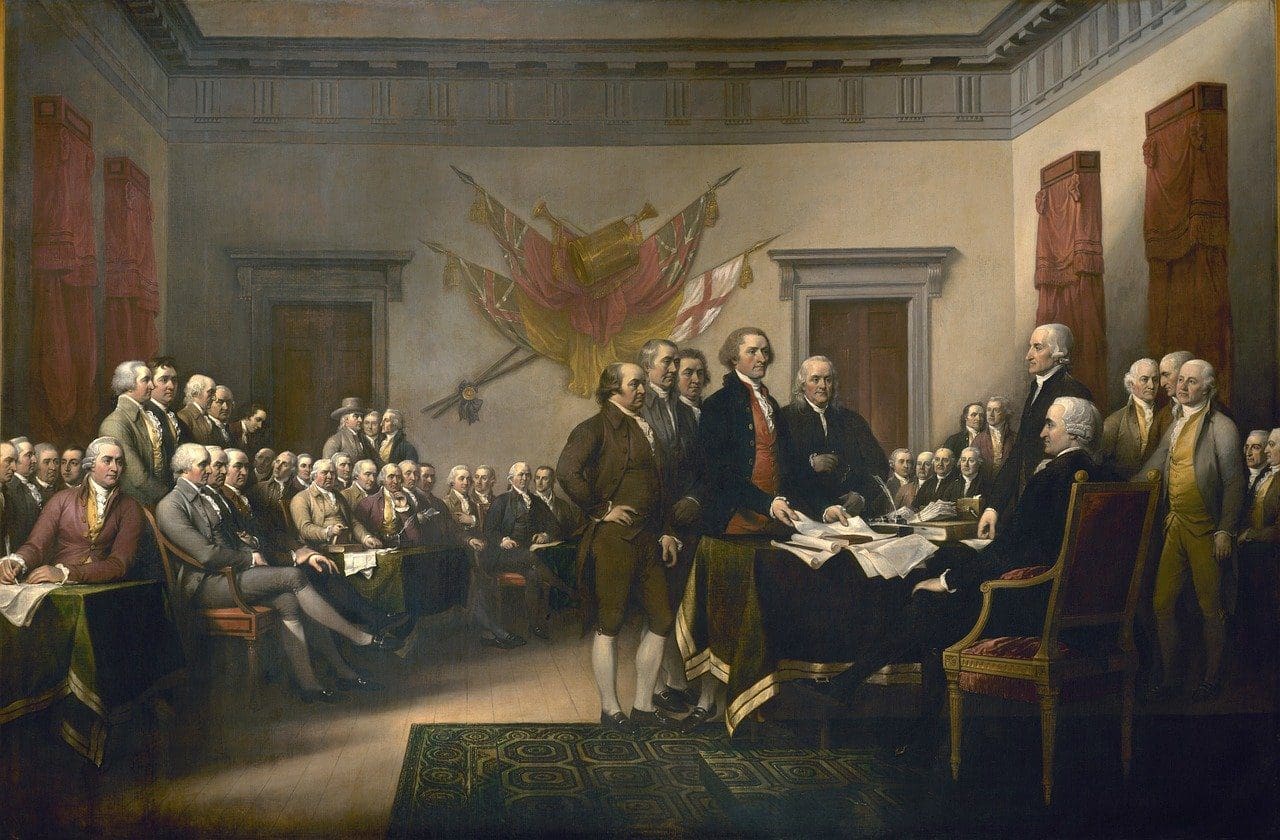Houston has had its share of public corruption cases, one of the most well-known being the recently disposed case of former Houston Independent School District trustee Larry Marshall. But in recent weeks it seems as though the problem-plagued city can’t get away from its controversial officials, both elected and bureaucrats.
Two of the first cases to become public happened in the judiciary.
Judge Hilary H. Green, former spouse of Houston Controller Ron C. Green, came under fire amid allegations of sexting, drugs, and soliciting prostitutes. On Friday, she’s been suspended by order of the Texas Supreme Court.
These allegations are not new; they’ve been following Green for some time. Oddly, though, Houston has a habit of re-electing elected officials who have crime-ridden pasts. Take Ron Reynolds for instance. Charged and found guilty of barratry, Reynolds was overwhelmingly re-elected in his state house district.
To be fair, Green has not been charged with a crime, but the swirling allegations were enough for the state’s highest court to have her removed from her bench.
The allegations stemmed from the Greens’ nasty divorce. Judge Green accused Controller Green of infidelity and hiding assets, and Controller Green accused Judge Green of being a drug addict he even went further claiming she, “operates daily with impaired judgment as evidenced by her presiding over cases in which she has ongoing sexual relationships with litigants and witnesses.”
Allegations range such as exchanging sexually explicit texts between Green and a bailiff in her court, her ex-lover’s testimonial stating that she would bring drugs confiscated from defendants in her court, and testimony regarding her drug usage and hiring of prostitutes.
The accusations led to the filing of a formal complaint by the Commission on Judicial Conduct, followed by a recommendation for suspension, and which finally led to an order of suspension.
Much less incendiary, but still questionable conduct for a judge, is the current battle between City Council Member Michael Kubosh, who is also a bail bondsman, and District Judge Michael McSpadden.
In his capacity as a bail bondsman, Kubosh assisted in bonding a defendant from McSpadden’s court out of jail. Seemingly in retaliation – though he asserts he treats all of his bonded defendants this way – McSpadden required the defendant to show up to his courtroom every day for ten consecutive days at 8 a.m. The reason? The judge didn’t believe the defendant’s claim that he couldn’t afford to hire an attorney.
This led the council member to speak out against the actions and publicly accuse the judge of judicial oppression, to which McSpadden replied, “Any time a white judge has a black defendant in the courtroom, you’re going to see them cry racism every time.”
Calls have been made for the judge to recuse himself from the case, which he is currently refusing. The judge has said while he disagrees with the defendant’s public accusations, he won’t hold it against him.
Outside of the judiciary, the City of Houston has its own set of issues.
Recently unsealed court records show that a Houston Community College trustee, Chris Oliver, was indicted and pleaded guilty to extortion and bribery for $77,000 worth of payments he received from the city’s Public Works and Engineering Director, Karun Sreerama.
At the time of the interaction, Sreerama has not been appointed by Houston Mayor Sylvester Turner. He was running his company ESPA Inc., an engineering and construction firm. Sreerama felt that without the payments to Oliver, his company would not get hired to do work for the college district.
The case shares many similarities to that of Houston ISD trustee Larry Marshall, who was found guilty of bribery. When Marshall was on the school board, he received payments in exchange for bid approvals to construction firms. When one firm refused to pay and was excluded from work, they filed suit. After years of legal wrangling, they won and were awarded $5 million.
Mayor Turner has placed Sreerama on leave.
Houston public officials have a lot on their plate right now, whether there is more to be found in any of these entities, or others, remains to be seen.




